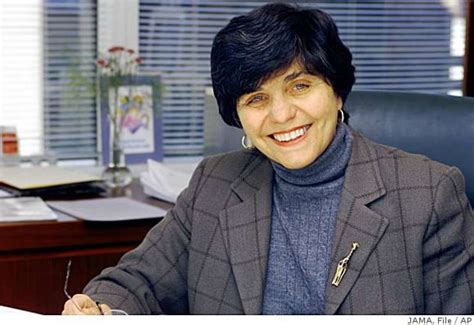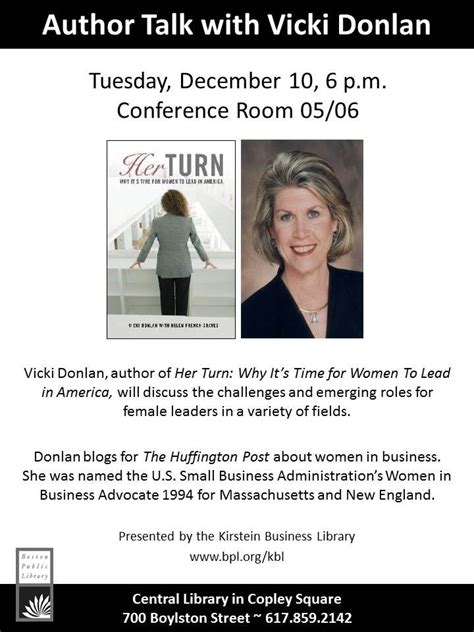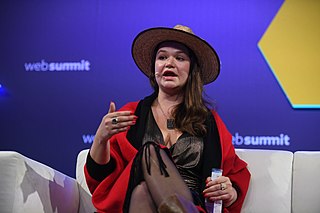A Quote by John J. McLaughlin
I do put my questions in terms of the sharpest polarities of the issue. But I don't want a preponderance of opinion over factual data.
Related Quotes
Of course the issue of ending war, and creating prosperity; they're overarching issues all the time. But right now, the challenge to this generation I believe is the climate crisis. It's a national security issue, it's a health issue in terms of clean air, it's a competitiveness issue in terms of innovation and it's a moral issue to preserve the planet for the next generation.
I am not against the pharmaceutical companies. I love them. That's not the issue. The issue is, in some cases, when they do these clinical trials, they control the data. They analyze the data. In some cases, they even write the article. And that leads to at least the perception, if not the reality, that there's a conflict of interest.
In my view, our approach to global warming exemplifies everything that is wrong with our approach to the environment. We are basing our decisions on speculation, not evidence. Proponents are pressing their views with more PR than scientific data. Indeed, we have allowed the whole issue to be politicized-red vs blue, Republican vs Democrat. This is in my view absurd. Data aren't political. Data are data. Politics leads you in the direction of a belief. Data, if you follow them, lead you to truth.
So when I say that I think we would have a different ethical level, particularly in corporate America, if there were more women involved, I mean that what women are best at is asking questions. Women ask questions over and over again. It drives men nuts. Women tend to ask the detailed questions; they want to know the answers.
In order to create predictive algorithms, you need to have a training set. So, that training set is created through our quantitative surveys. Those surveys need to include either basic market research questions or basic political polling questions, which might be added to get your opinion on a brand or an issue or a candidate.

































